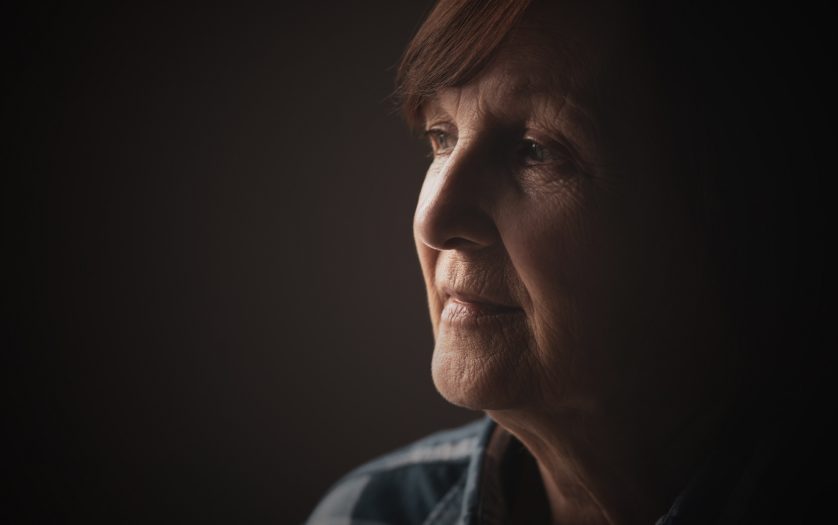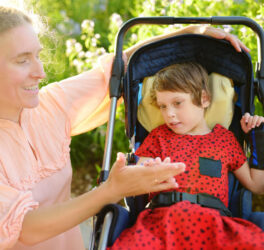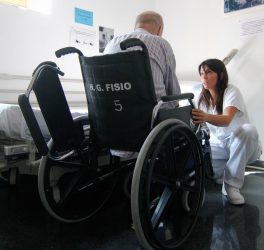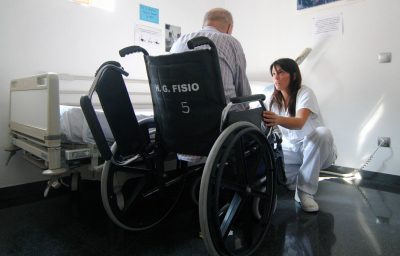
Monash University researchers have received more than $3.4 million to progress research into causes, diagnosis and treatments of dementia and aged-related illnesses and care in the latest round of grants from the Medical Research Future Fund (MRFF).
Among the MRFF Dementia, Ageing and Aged Care grants is almost $2 million for an innovative model of mental health care to identify and treat older people with depression living independently at home, led by Associate Professor Tanya Davison.
The first of its kind in Australia, the ‘enhanced management of home-based elders’ – or EMBED model – is an innovative and sustainable model of care from industry partner Silverchain. It aims to facilitate early detection and use of evidence-based treatment of depression in older Australians who receive aged care in their home.
More than $1 million was granted to a project aimed at improving access to rehabilitation treatments for people living with dementia in the community.
Lead investigator, Associate Professor Michele Callisaya, in the Peninsula Clinical School at Monash University and Peninsula Health, said: “The project aims to tackle stigma and lack of knowledge around evidence-based allied health interventions that can improve independence for people living with dementia”.
Professor Yuming Guo and Dr Darshini Ayton are leading projects that each received $200,000.
Professor Guo’s research aims to measure major environmental risk factors and evaluate their health impacts in older Australians, and to develop, evaluate and implement intervention strategies that can mitigate the adverse impacts.
The project will clarify the environmental enablers and barriers for achieving healthy ageing, and provide older Australians, aged care and health service providers with effective strategies to improve environmental health.
Dr Ayton’s research will implement a program that uses blood tests and digital cognitive assessments to indicate which residents need a referral to specialists for a formal dementia diagnosis.
“The Royal Commission into Aged Care Quality and Safety estimated that 1 in 5 people living in residential aged care had undiagnosed dementia – which has implications for quality of care and quality of life,” Dr Ayton said.
Dementia is one of the major causes of disability in older people. The World Health Organisation recognises that rehabilitation may be needed by anyone with a disability (not just after an acute event) including people with dementia.
Importantly, evidence from clinical trials and Australian dementia guidelines recommend that people with dementia are offered rehabilitation interventions such as exercise and occupational therapy to help maintain independence and quality of life. In addition the recent Royal Commission into Aged Care recommended rehabilitation be a central focus to maintain older people’s physical and cognitive capabilities and facilitate people to remain at home for as long as possible.
The latest round of funding follows more than $28 million in MRFF grants announced for multiple Monash research projects in the past month.








